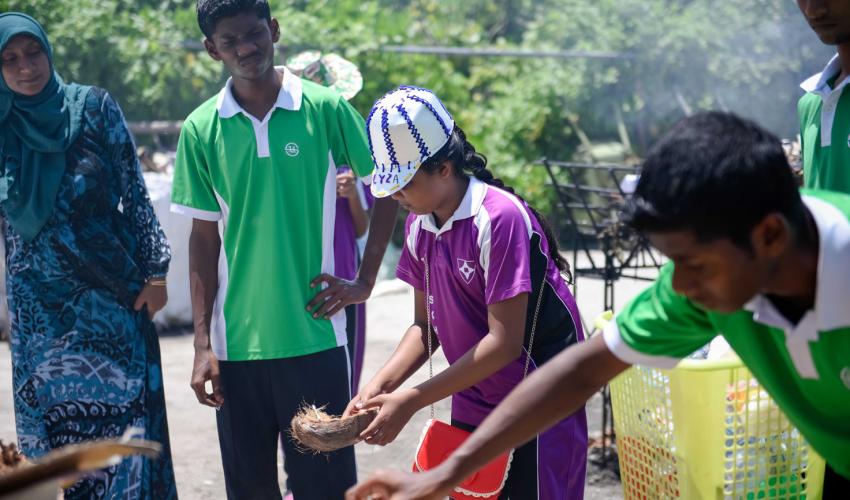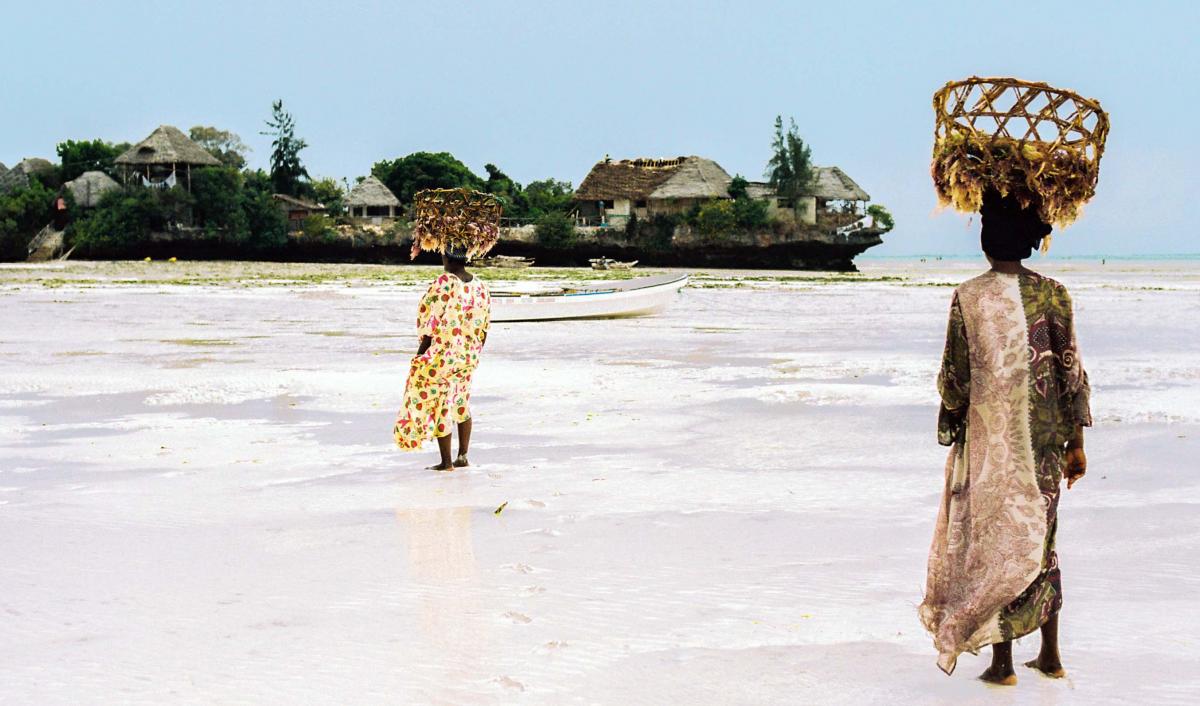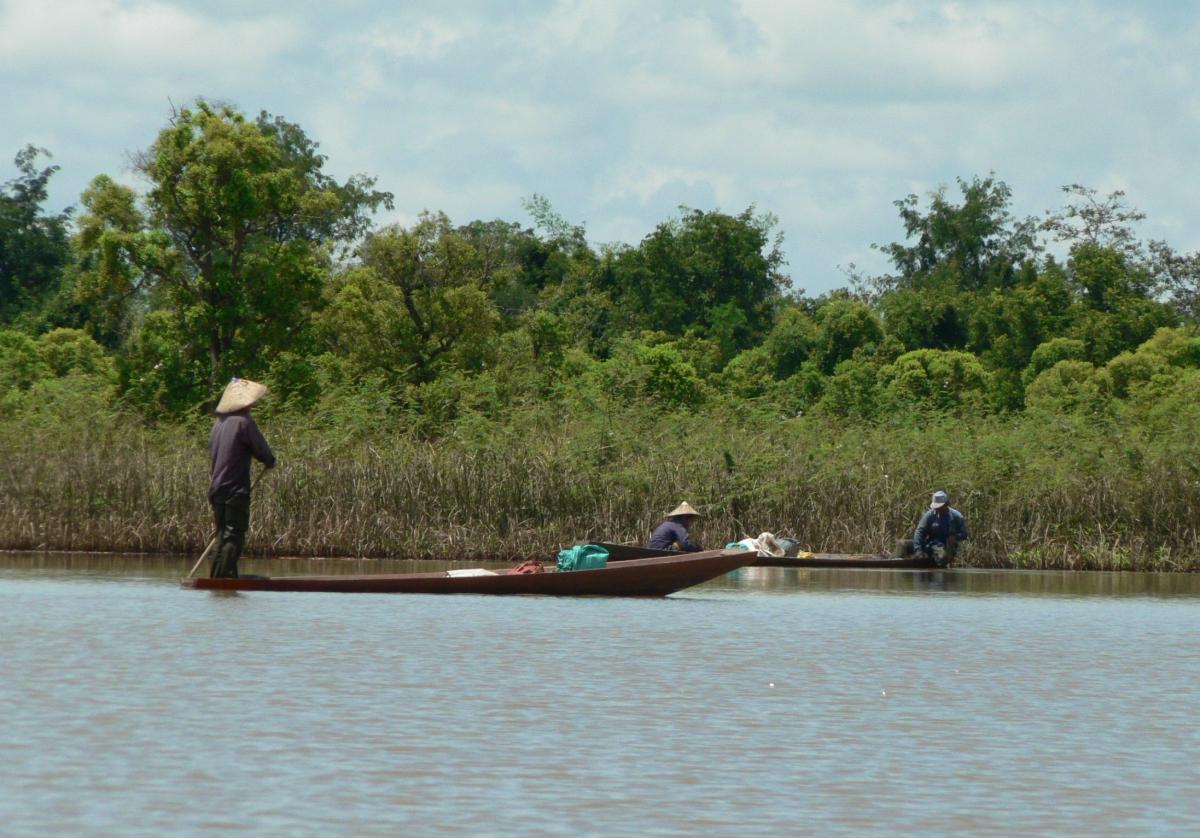Commentary: Synergetic partnerships for healthier oceans
Oceans are the lifeblood of planet Earth and humankind. Not only do they provide around 350 million jobs and food for over a billion people, they also drive weather, regulate temperature and ultimately support all living organisms. Globally, the market value of marine and coastal resources and industries is estimated at an impressive USD 3 trillion annually.

Photo: Jeff Litton
Unfortunately, oceans’ tremendous potential to provide such services – as well as the financial gains that come with them – has resulted in the rapid deterioration of its ecosystems. The biggest threats to these large bodies of water include overfishing, pollution and climate disruption – just to name a few.
In Asia, where more than three billion people depend on the sea’s resources, such disruptive activities are increasingly becoming cause for concern. In the past 40 years, more than 40% of the region’s coral reefs and mangroves have disappeared and unsustainable practices by fishing fleets are depleting the region’s fish stocks. And with such a large population living along coasts, vast amounts of waste is making its way into rivers and streams before flowing into the sea, resulting in oceans of plastic and subsequent disruption to food chains.
This year’s World Oceans Day theme Healthy Oceans, Healthy Planet spotlights plastic pollution – a serious threat to the environment beacuase it degrades very slowly and pollutes waterways, creating problems for plants, wildlife and even the human population. According to a report from the World Economic Forum, at least eight million tonnes of plastic ends up in the oceans every year – the equivalent of a rubbish truck of waste every minute. If the situation is not rectified there may be more plastic than fish in the ocean by 2050.
To contribute to the already dire situation, Asia’s coastal areas are also known to be among the most vulnerable to climate change.
Through its work with Members, Commissions and partners, IUCN follows a proactive approach to ensure that methods to conserve our marine ecosystems are well-explored and integrated during the formulation and implementation of its projects.
 Photo: UNDP/MFF
Photo: UNDP/MFF
IUCN’s regional coastal resilience initiative Mangroves for the Future (MFF) – co-chaired by IUCN and the UN Development Programme (UNDP), instituted waste management as an important component in its programme. In the Maldives, an MFF project demonstrated one of the most successful waste management initiatives in the country. The project conducted awareness-raising programmes to engage school students, teaching them how to convert waste items into reusable and recyclable products for everyday use. As a result, these youths drastically reduced their waste production, a tangible and positive result from the MFF programme. A chain reaction then followed as the youths inspired others to adopt similar waste management practices. Many people in the Maldives are now aware of the social and environmental hazards resulting from poor waste management and lack of stewardship.
At the policy level, IUCN is also at the forefront of driving the Blue Economy concept – a sustainable development framework which looks at oceans as Development Spaces that provide benefits for current and future generations while also ensuring that the integrity and functioning of coastal and ocean systems is maintained. The Blue Economy concept is based on the principles of equity, low carbon development, resource efficiency and social inclusion, and recognises that oceans are central to humanity’s future.
As oceans are a shared resource, a transboundary perspective needs to be incorporated into decision-making. Last October, the Bangladesh Embassy in Bangkok and IUCN organised a thematic consultation on the Blue Economy and climate change resilience, where representatives from a number of countries in Asia were present – including 11 MFF member countries. The event provided a platform for participating countries to share initiatives toward securing a Blue Economy and to underscore the need for collaboration.
These are just small steps, but more needs to be done. To facilitate greater flows of expertise, finance, and capacity to effectively close the gap in sustainable management of both fisheries and non-living sea resources, partnerships among stakeholders within and across countries, regions, international agencies and the private sector need to be forged. All sectors of society need to converge and become active participants in the conservation of our oceans and marine ecosystems.
By: IUCN Asia Regional Office, Communications Unit



